Taiwanese writer Wu Ming-yi’s short story, “Cloudland”, makes use of grief’s overwhelming ranges to set out a narrative of exploration, dream-making, and the multiplicity of life. After the death of his wife, the bereaved Shutter begins a journey to write the ending of a tale that she had not be able to finish, and on his way, he finds the wondrous methods that landscape and animals have long used to express and communicate, offering a way of thinking and feeling that his technologically dense, hurried world does not allow. A gorgeous, lush story that introduces Wu’s sensitive ecowriting, “Cloudland” merges the richness of language with the richness of the natural world. In this interview, Alex Tan talks to the translator of “Cloudland”, Catherine Xinxin Yu, about the operation of images in her methodology, the trick of incorporating definitions into the prose, and making use of a textual reality.
Alex Tan (AT): Technologies of perception populate this excerpt from “Cloudland”: the night-vision cameras placed in the forest by Shutter, the Rift in the Cloud constituting a virtual catalogue of a life, the mediatised footage of the train bombing, and most fundamentally, the unfinished story of Shutter’s wife—which of course precipitates his grief and the quest for the elusive clouded leopard. There’s such an ambivalence to some of these forms of knowledge-making, as Wu also seems to be commenting on the ubiquity—and the risks—of digital surveillance. I wonder how you navigated the interplay between the visual and the textual, when you approached this work as a translator. Did it stylistically inflect your translation in any way?
Catherine Xinxin Yu (CXY): I remember interviewing Wu Ming-yi for my MA dissertation, which included a translation and commentary on “Cloudland”, focusing on eco-conscious ways to translate nature-oriented writing. I asked him why he decided to stop using Facebook and other social media from 2019 onwards, upon which he talked about his apprehension exactly of the ubiquity of digital surveillance that you mentioned.
Both in real life and in the collection that “Cloudland” is from (Kuyuzhidi 苦雨之地, which I tentatively translated as Where Rain Falls Amiss), digital traces are so fine-grained and invasive that they can piece together the most secret aspects of individuals. According to Wu, it is both frightening and cruel to be forced to see a loved one’s dark depths; I think that is a crucial part of the pain that pervades “Cloudland”: not only losing a spouse and a wild species, but also discovering how little one knew about them: seeing that “rift’’ and realising there is no way to remedy it.
Many of his works contain a multiplicity of perspectives, where vision functions as a means and a metaphor for perceiving, conceiving, and knowing. Reality (or its shadow) shapeshifts from the visual to the textual. As a photographer myself, I identify with this and I know how an entire narrative can be encapsulated in one gaze. Short of actually visiting and seeing the landscape where the story is set, I looked at a lot of images and videos while translating Cloudland, so it wasn’t just a text-to-text translation, but also image-to-text. Visualisation allowed me to embody the text and then perform it in English. I suppose the result is that, by describing the visual rather than simply transferring words from one language to the other, the translation ends up being more vivid and immediate. Or so I hope. READ MORE…

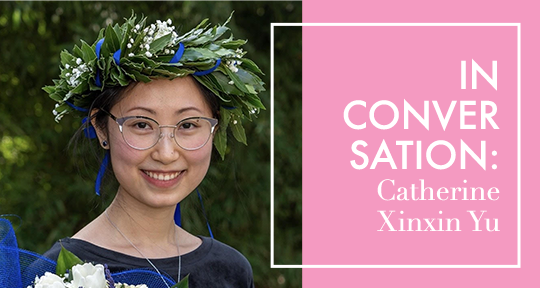



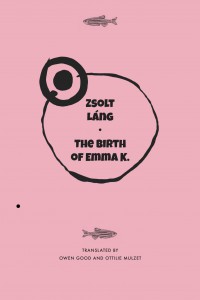

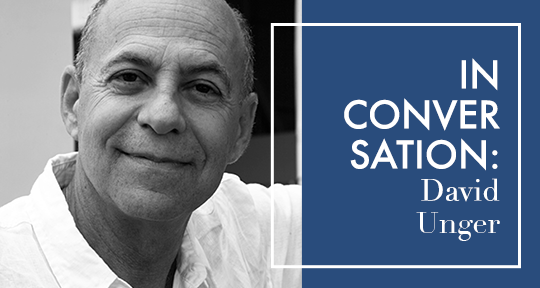

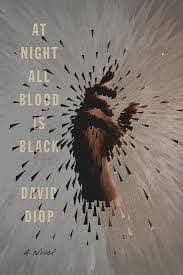

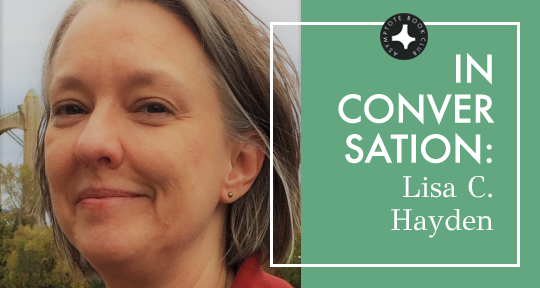
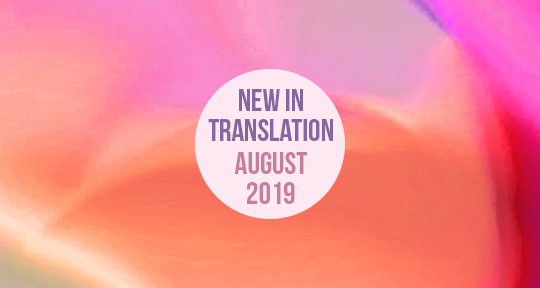


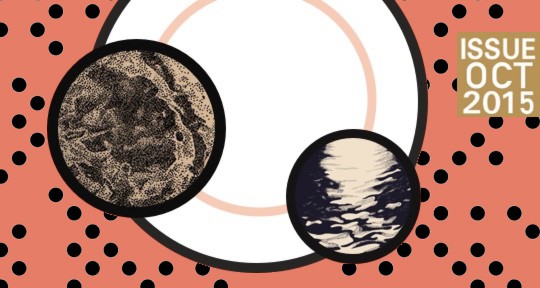
Announcing our August Book Club Selection: People From My Neighborhood by Hiromi Kawakami
The portrayal and analysis of collective experience makes this a text that truly meets our moment.
As we continue into the latter half of this increasingly surreal year, one finds the need for a little magic. Thus it is with a feeling of great timeliness that we present our Book Club selection for the month of August, the well-loved Hiromi Kawakami’s new fiction collection, People From My Neighborhood. In turns enigmatic and poignant, as puzzling as it is profound, Kawakami’s readily quiet, pondering work is devoted to the way our human patterns may be spliced through with intrigue, strangeness, and fantasy; amongst these intersections of normality and sublimity one finds a great and wandering beauty.
The Asymptote Book Club aspires to bring the best in translated fiction every month to readers around the world. You can sign up to receive next month’s selection on our website for as little as USD15 per book; once you’re a member, you can join the online discussion on our Facebook page!
People From My Neighbourhood by Hiromi Kawakami, translated from the Japanese by Ted Goossen, Granta, 2020
Like a box of chocolates, Hiromi Kawakami’s People From My Neighbourhood (translated from the Japanese by Ted Goossen) contains an assortment of bite-sized delights, each distinct yet related. This peculiar collection of flash fiction paints a portrait of exactly what the title suggests—the denizens of the narrator’s neighborhood—while striking a perfect balance between intriguing specificity and beguiling universality. The opening chapters introduce readers to each of the neighborhood’s curious inhabitants, while later chapters build upon the foundation, gradually erecting a universe of complex human relationships, rigorous social commentary, immense beauty, and more than a little magic.
Existing fans of Kawakami’s will surely recognize these common features of her award-winning body of work, while first-time readers will likely go searching for more. Goossen is better known as a translator of Murakami and editor of the English version of the Japanese literary magazine MONKEY: New Writing from Japan (formerly Monkey Business); ever committed to introducing Anglophone readers to non-canonical Japanese writers, he brings his flair for nonchalant magical realism to this winning new collaboration.
The first story, “The Secret,” introduces readers to the anonymous narrator and sets the tone for the collection. First presented as genderless, (we only find out later that she is female) she discovers an androgynous child, who turns out to be male, under a white blanket in a park. The child, wild and independent, comes home with her. Despite occasional disappearances, he keeps her company as she ages, all the while remaining a child. In this story, we receive her only concrete—but general—description of herself: “I’ve come to realize that he can’t be human after all, seeing how he’s stayed the same all these years. Humans change over time. I certainly have. I’ve aged and become grumpy. But I’ve come to love him, though I didn’t at first.” This one statement exemplifies many of the collection’s trademark characteristics and overarching themes: a version of time in which past, present, and eternity coexist, the supernatural, and the narrator’s fascinating method of characterization. READ MORE…
Contributor:- Lindsay Semel
; Language: - Japanese
; Place: - Japan
; Writer: - Hiromi Kawakami
; Tags: - family
, - fantasy
, - Japanese literature
, - Magical Realism
, - social commentary
, - strangeness
, - Women Writers